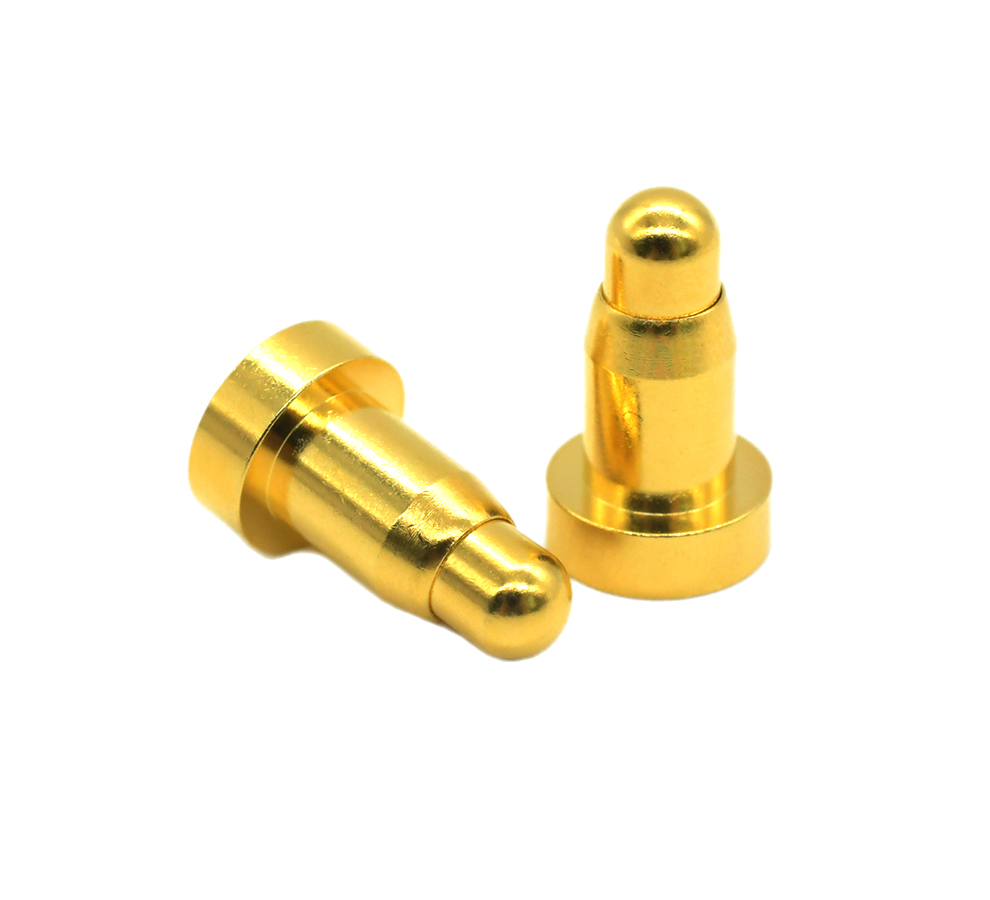Time:2025-06-07 Views:1 source:News

Selecting the appropriate materials for Pogo Pin sockets is a critical decision that significantly impacts the performance, reliability, and lifespan of the Pogo Pin connection system. Several key factors need to be considered when choosing the materials for Pogo Pin sockets.
Mechanical strength is one of the primary considerations. The socket material must be able to withstand the mechanical forces exerted during the insertion and extraction of Pogo Pins, as well as any external impacts or vibrations that the electronic device may encounter. Engineering plastics, such as polyphthalamide (PPA) or liquid crystal polymer (LCP), are often popular choices due to their high tensile strength, rigidity, and excellent dimensional stability. These materials can maintain the shape and integrity of the socket over time, ensuring consistent and reliable electrical contact between the Pogo Pins and the mating components.
Electrical insulation properties are also crucial. The socket material should have excellent electrical insulation to prevent short circuits and ensure the proper functioning of the electrical connection. Materials with high dielectric strength, such as PPA and LCP, offer good insulation, reducing the risk of electrical leakage and interference. Additionally, the material should have low moisture absorption, as moisture can degrade the electrical insulation properties and lead to performance issues.
Thermal stability is another important factor. Pogo Pin sockets may be exposed to varying temperatures during the operation of the electronic device, especially in applications where heat is generated by nearby components. Materials with high thermal stability, like LCP, can withstand high temperatures without deforming or losing their mechanical and electrical properties. This ensures that the socket remains functional and reliable even in harsh thermal environments.
Corrosion resistance is also necessary, especially in environments where the electronic device may be exposed to moisture, chemicals, or other corrosive substances. Metals or metal - coated materials with good corrosion - resistant properties, such as nickel - plated brass, can be used for the socket contacts to prevent oxidation and corrosion, which could otherwise lead to poor electrical conductivity and connection failures. By carefully considering these key points of material selection, manufacturers can ensure that Pogo Pin sockets provide reliable and long - lasting electrical connections in a wide range of electronic applications.
Read recommendations: